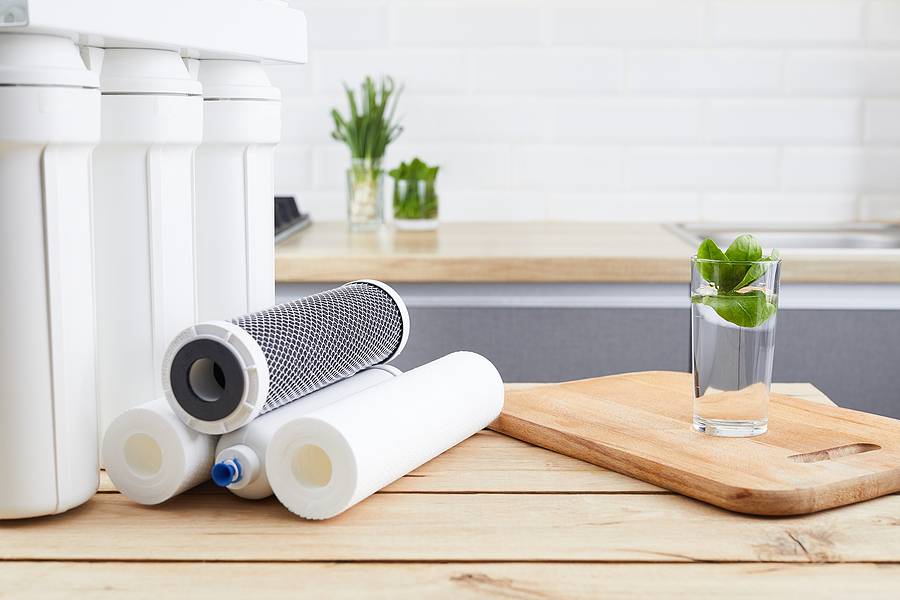Call This Friday to Get $50 OFF
Call us Now to Get $50 OFF.
Ratings based on 6379 reviews
Local Plumbers, Local Reviews
Call This Friday to Get $50 OFF
Call us Now to Get $50 OFF.
Ratings based on 6379 reviews
Local Plumbers, Local Reviews

Imagine you turn on the tap expecting a glass of fresh and clean water, but you’re met with an odd smell, a rusty tint, or a strange taste instead. If this sounds familiar, then you’re not alone. Many homeowners across the country deal with water that looks, smells, or tastes off. In some cases, it might be more than just unpleasant; it could be unsafe.
Here’s the thing: not all water is equal. From natural minerals to rust from old pipes and industrial runoff, a lot can find its way into your water supply. Fortunately, you don’t have to live with mystery water. With the right water filter - and some help from a trained plumber - you can take control of your family’s water quality once and for all.
So, how do you know what kind of water filter is right for your home? In this brief article brought to you by Mr. Rooter Plumbing, we walk you through the basics. If you'd rather consult with a uniformed plumber about your water filtration installation, then call Mr. Rooter to get started.
Before choosing a water filter, you need to know what you’re trying to remove. Is your water cloudy? Does it smell like chlorine or rotten eggs? Are there stains in your sinks or white spots on your dishes? These clues can point to common issues like:
A licensed plumber from Mr. Rooter can conduct a simple in-home water test or help you submit a sample to a certified lab. Either way, you’ll get a clear breakdown of what's in your water and what needs to come out.
Once you know what’s lurking in your tap water, it’s time to choose a filter that targets those issues. Here are a few popular types:
No filter lasts forever. For instance, pitcher filters may need new cartridges every two months while RO systems require annual servicing and filter changes. Meanwhile, whole-house filters can go 6–12 months between replacements - depending on your water quality.
So, don't just look at the price tag. Consider long-term maintenance and filter replacement costs, too.
While some water filters are DIY-friendly, larger systems like under-sink or whole-house units should be installed by a qualified plumber. A poor installation can lead to leaks, wasted water, or no improvement in water quality at all.
The uniformed and trained plumbers at Mr. Rooter consider the whole plumbing system when installing filtration systems. We make sure there are no leaks and other plumbing issues that will interfere with the filtration system's function.
Need emergency plumbing repair service or want to consult with a trained plumber in High Grove, CA? Call or message Mr. Rooter Plumbing at any time of the day to get in touch with an experienced professional.
When it comes to septic health, you can be one of those homeowners that try to do everything…
Read MoreMost pipes in a house can last anywhere between twenty and seventy years. So, what happens at the…
Read MoreOld houses have a charm that many new ones are never able to replicate. The entire atmosphere, the…
Read MoreMaintaining a septic system isn’t about preventing future backups but rather the costly repairs and replacements in the…
Read MoreA gas smell in the kitchen can seem harmless at first, but it is an early warning sign…
Read More